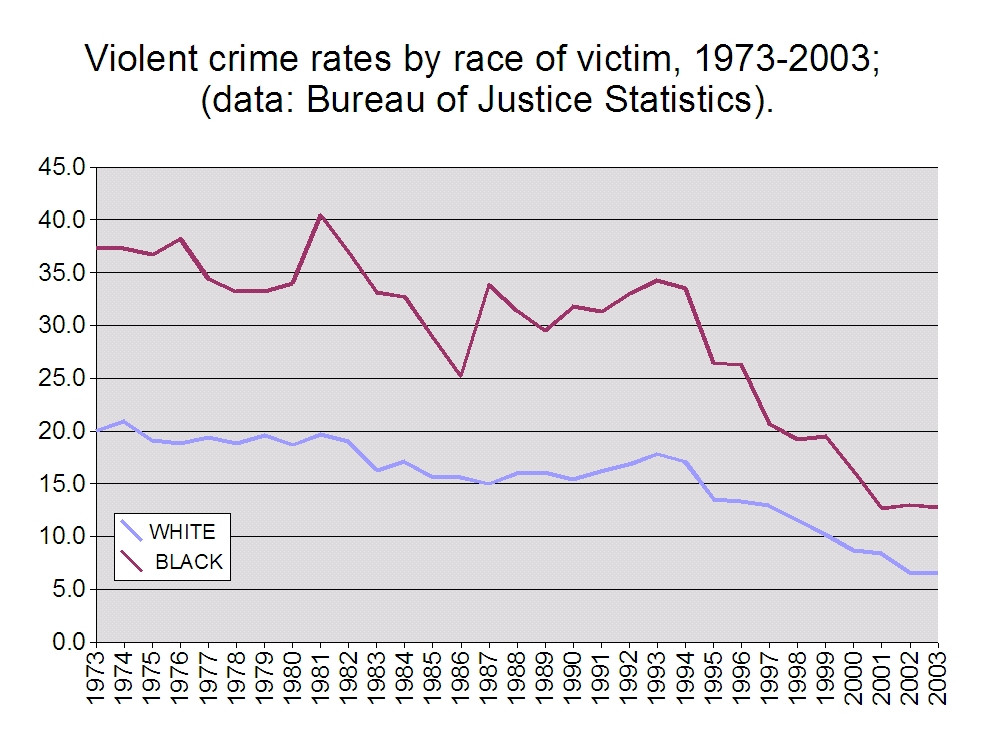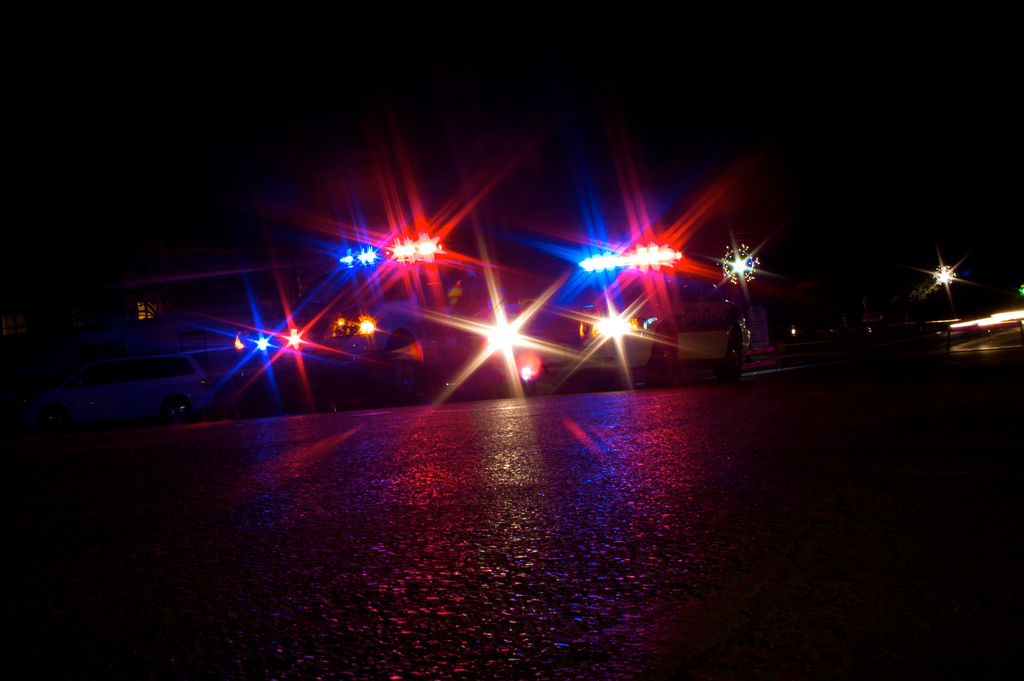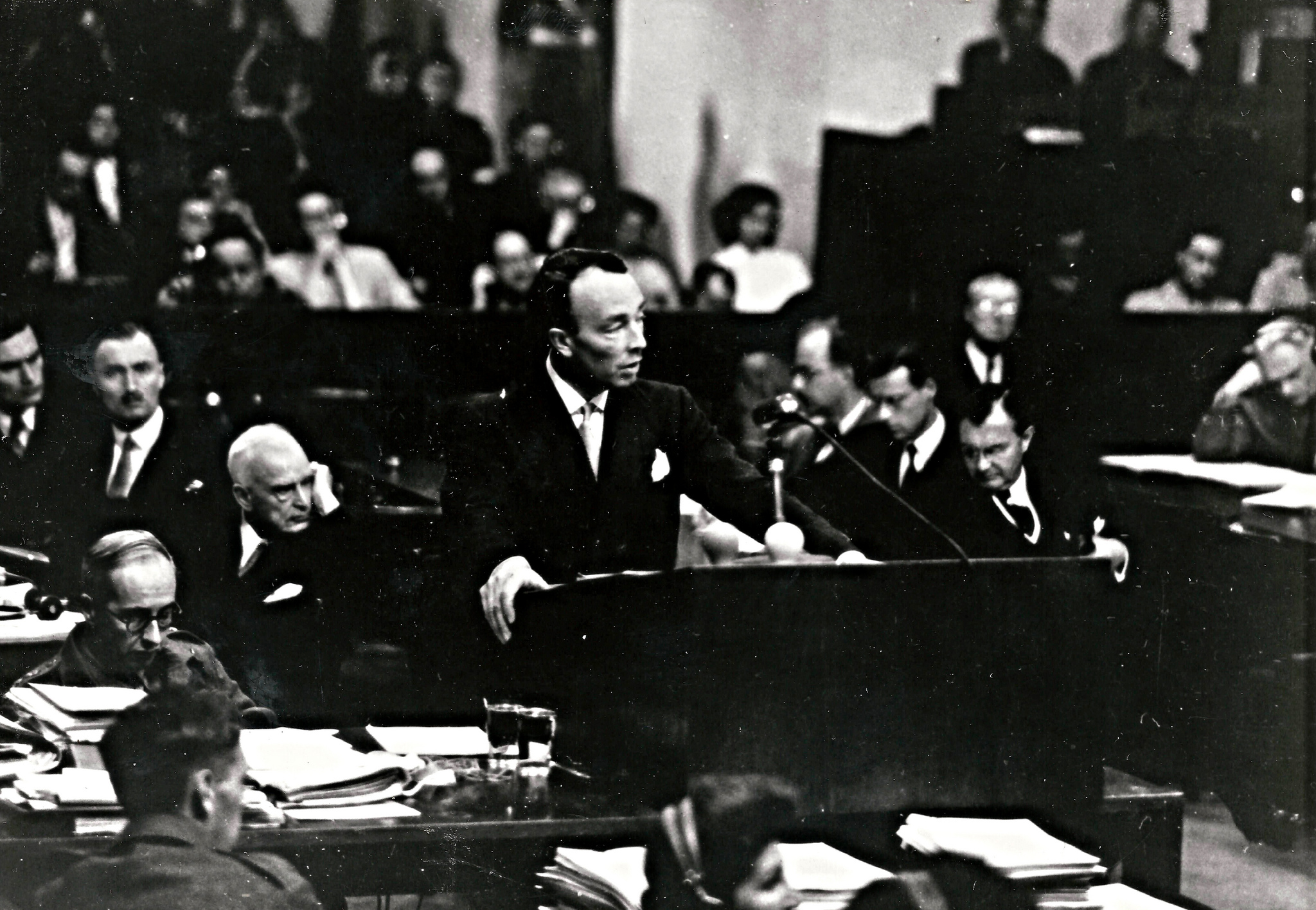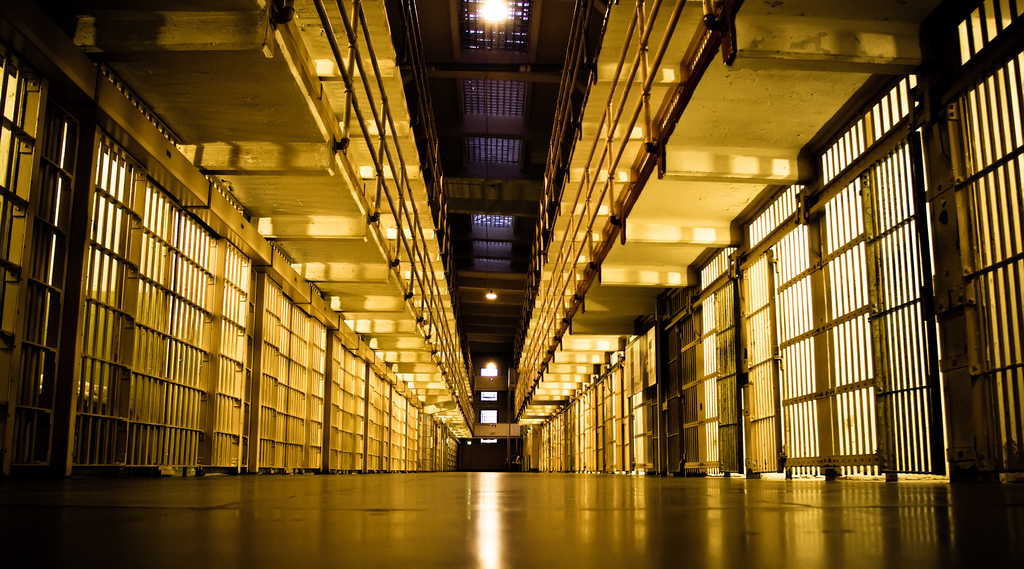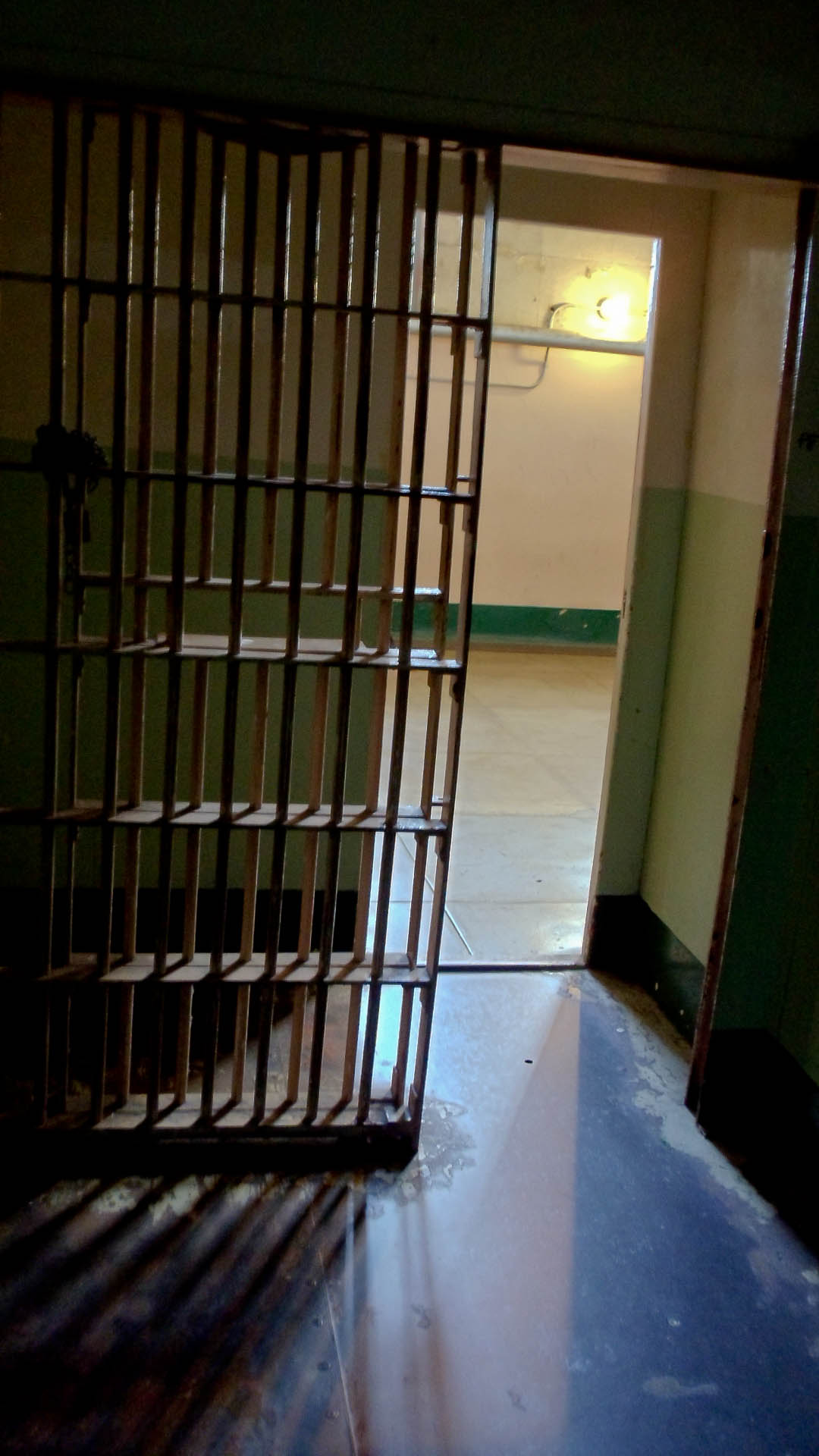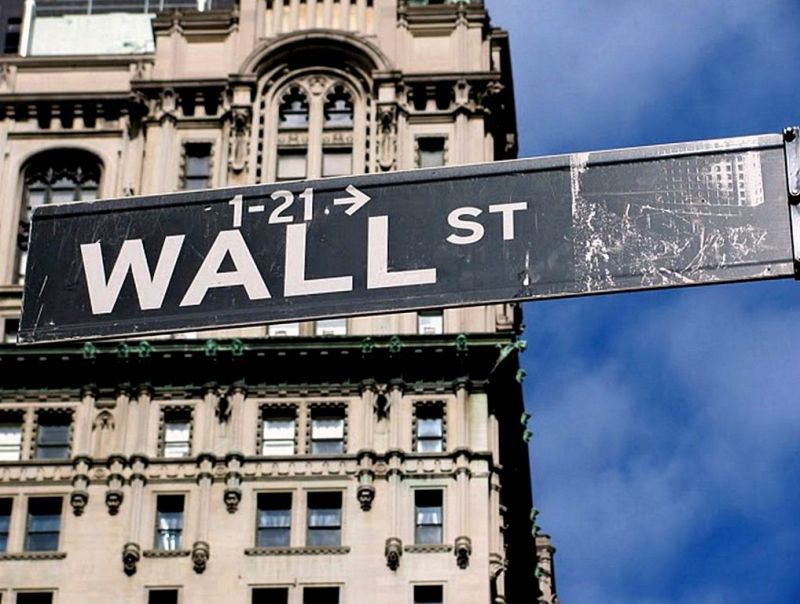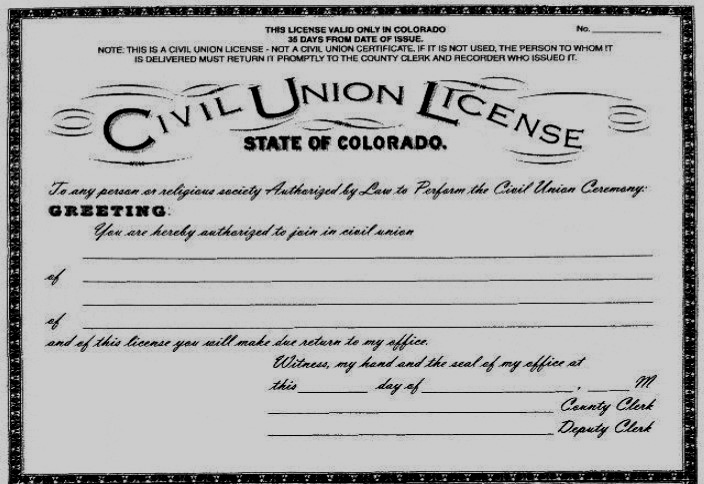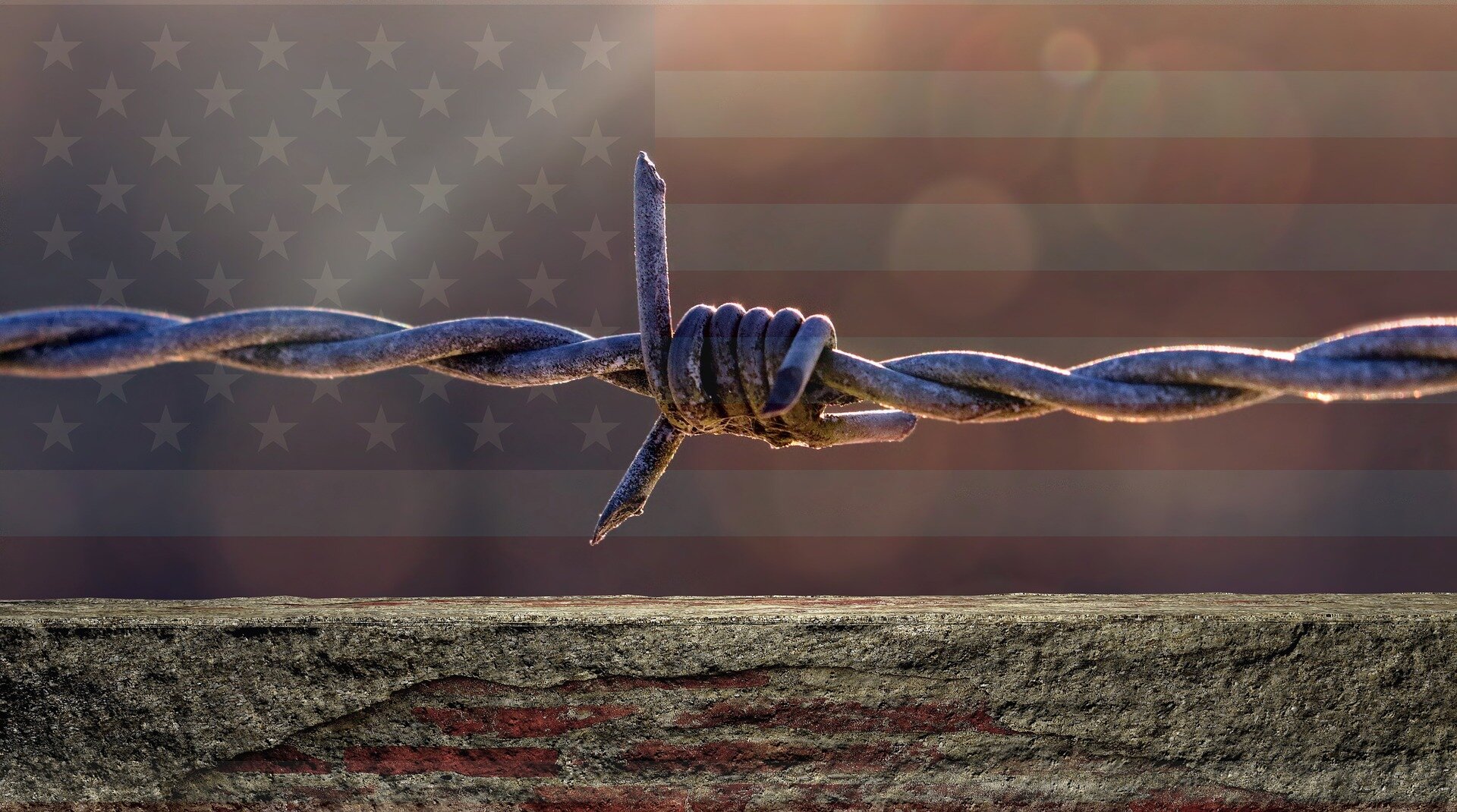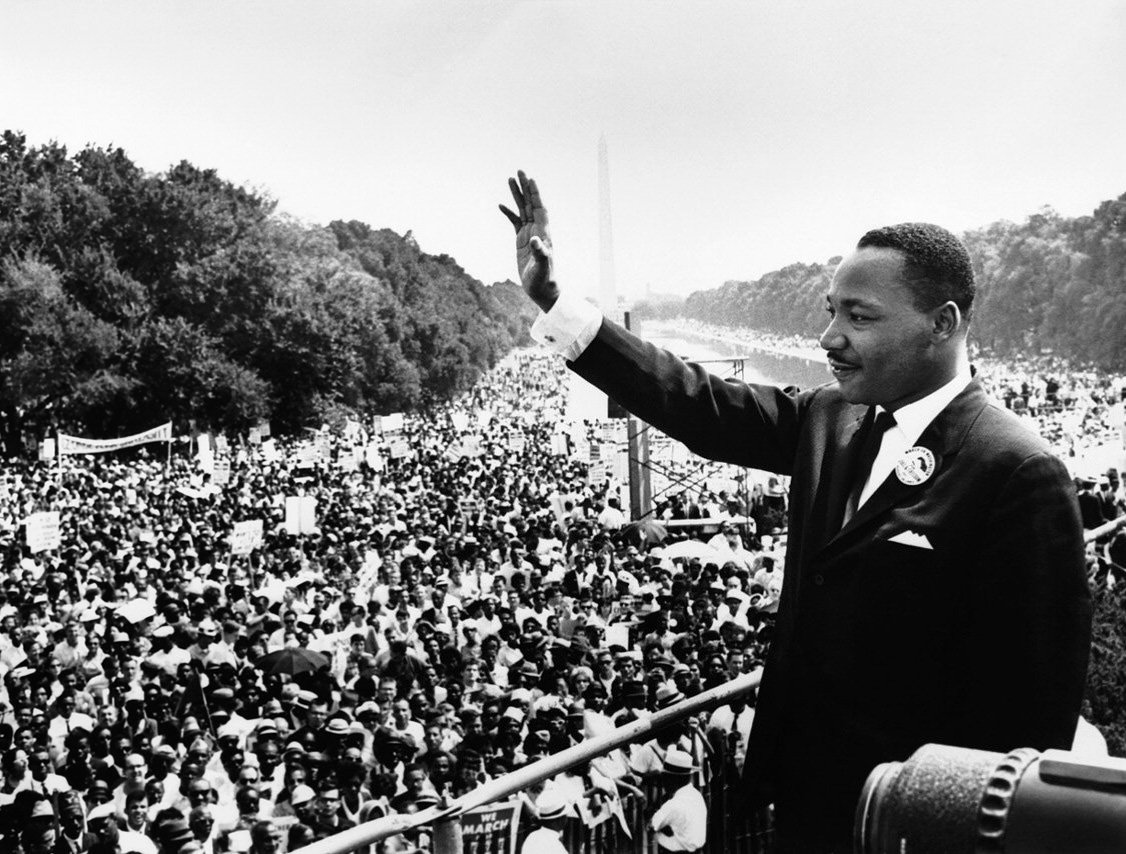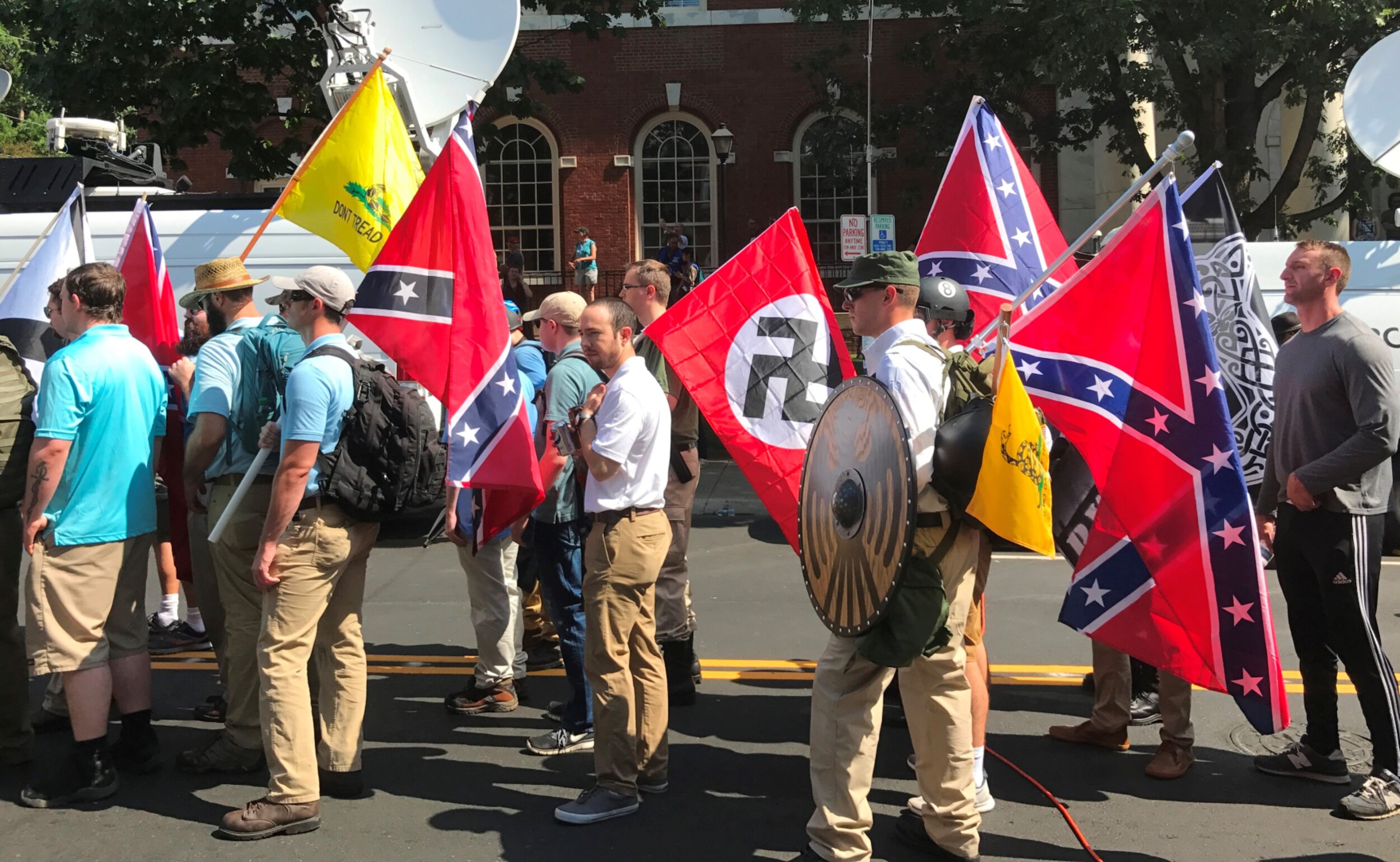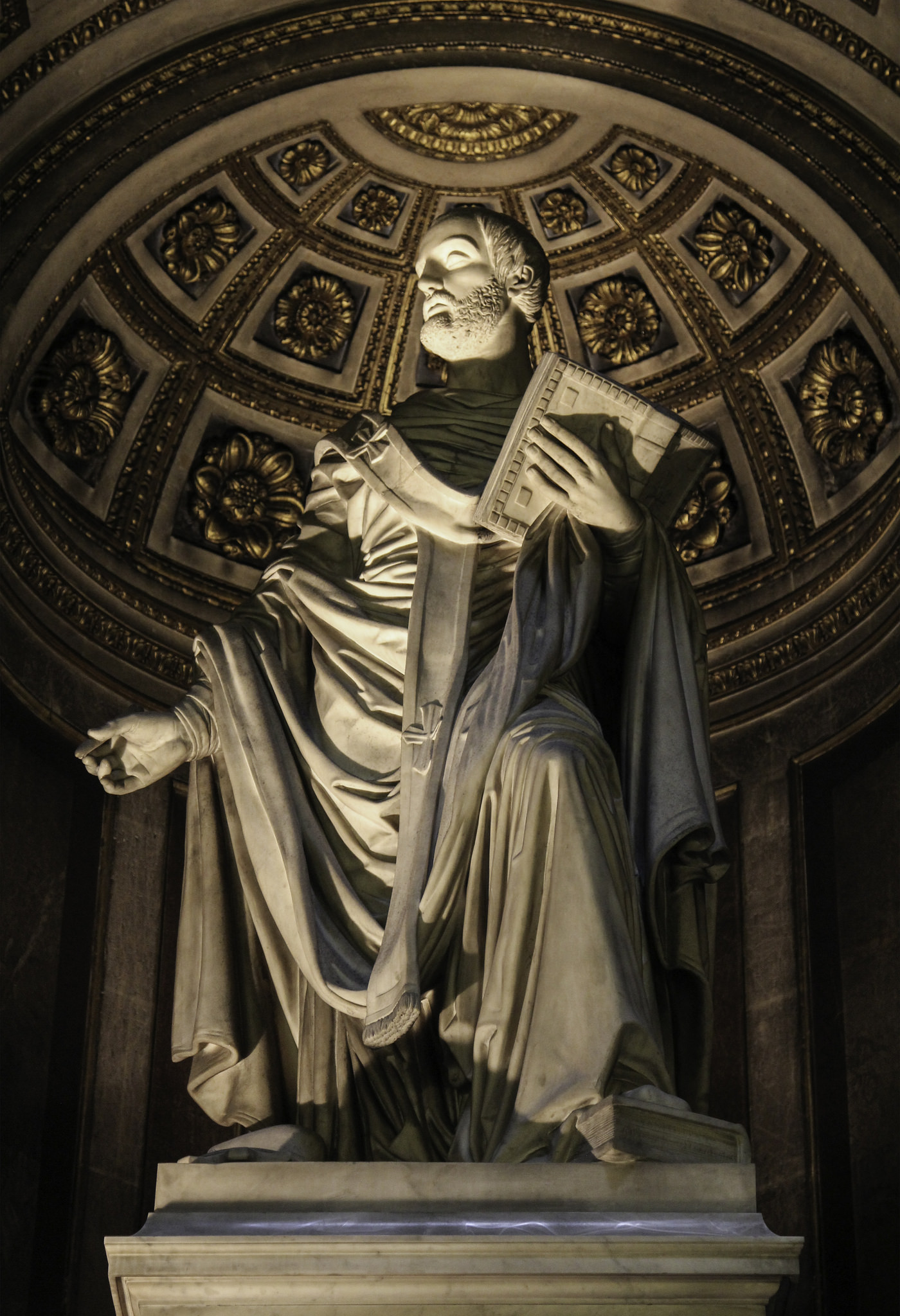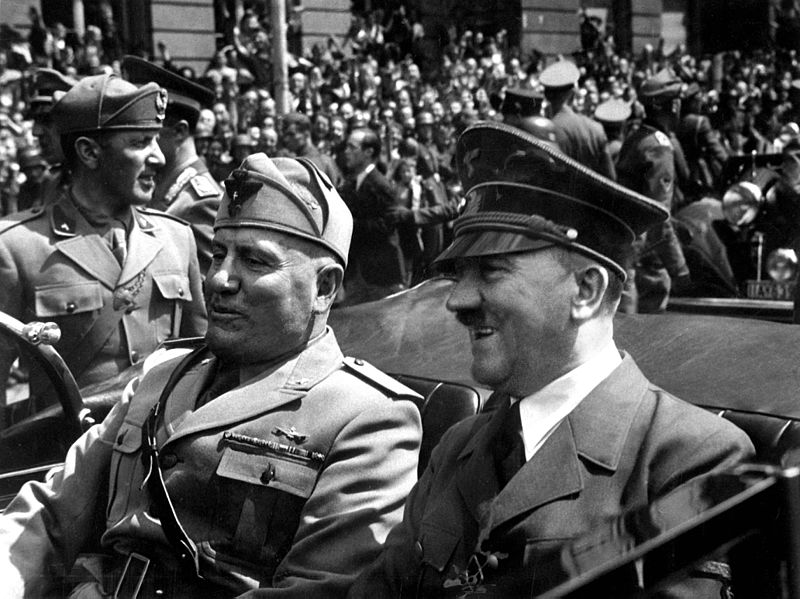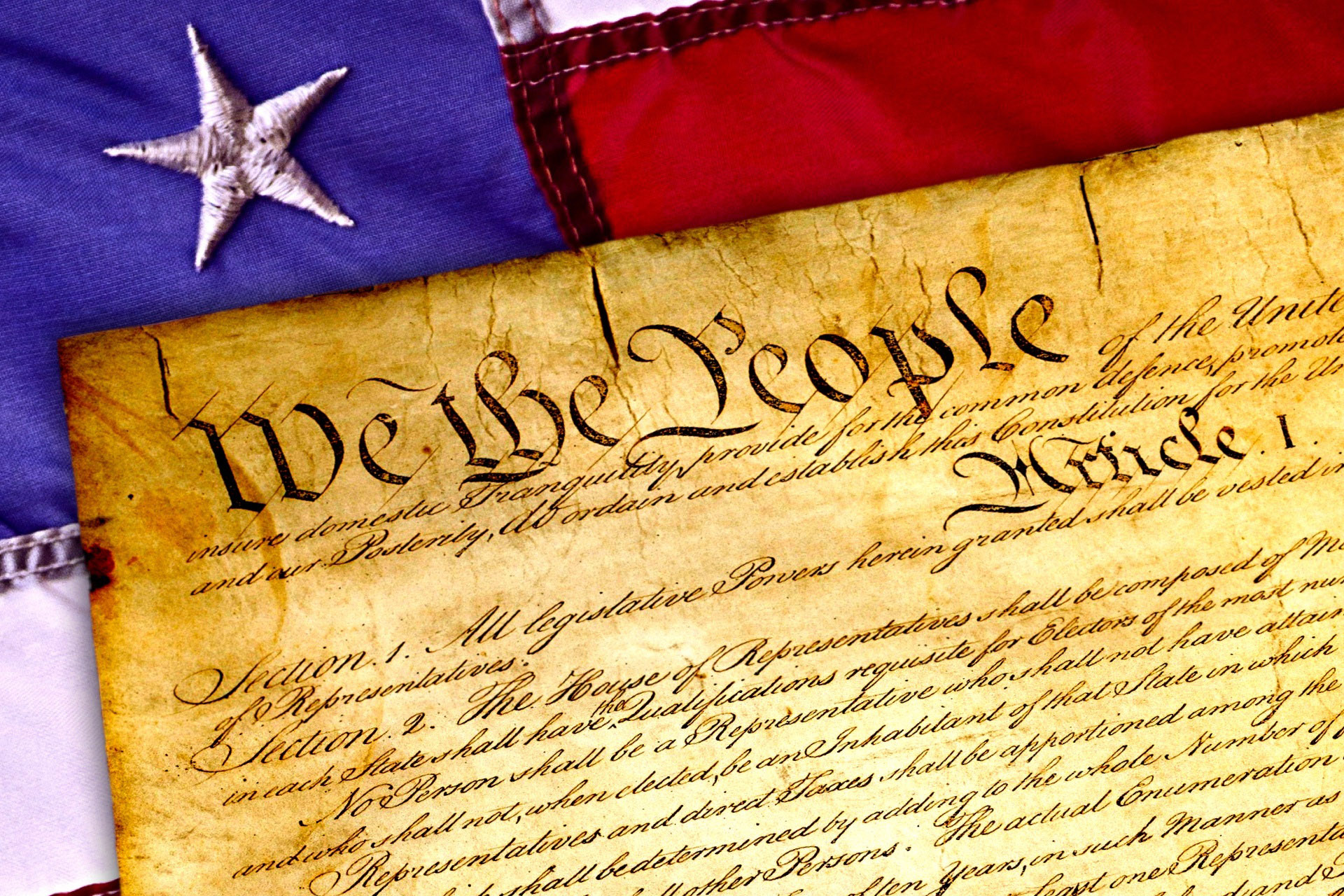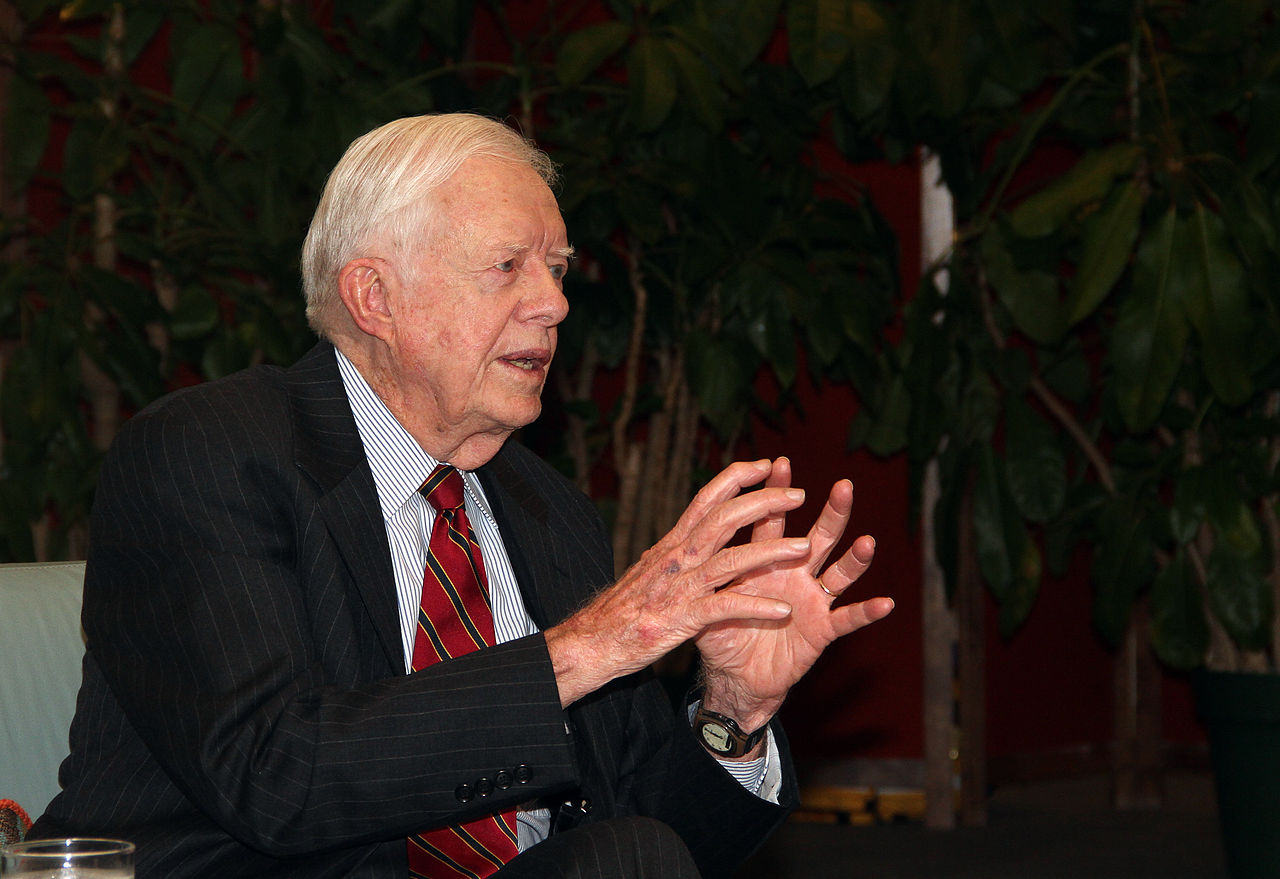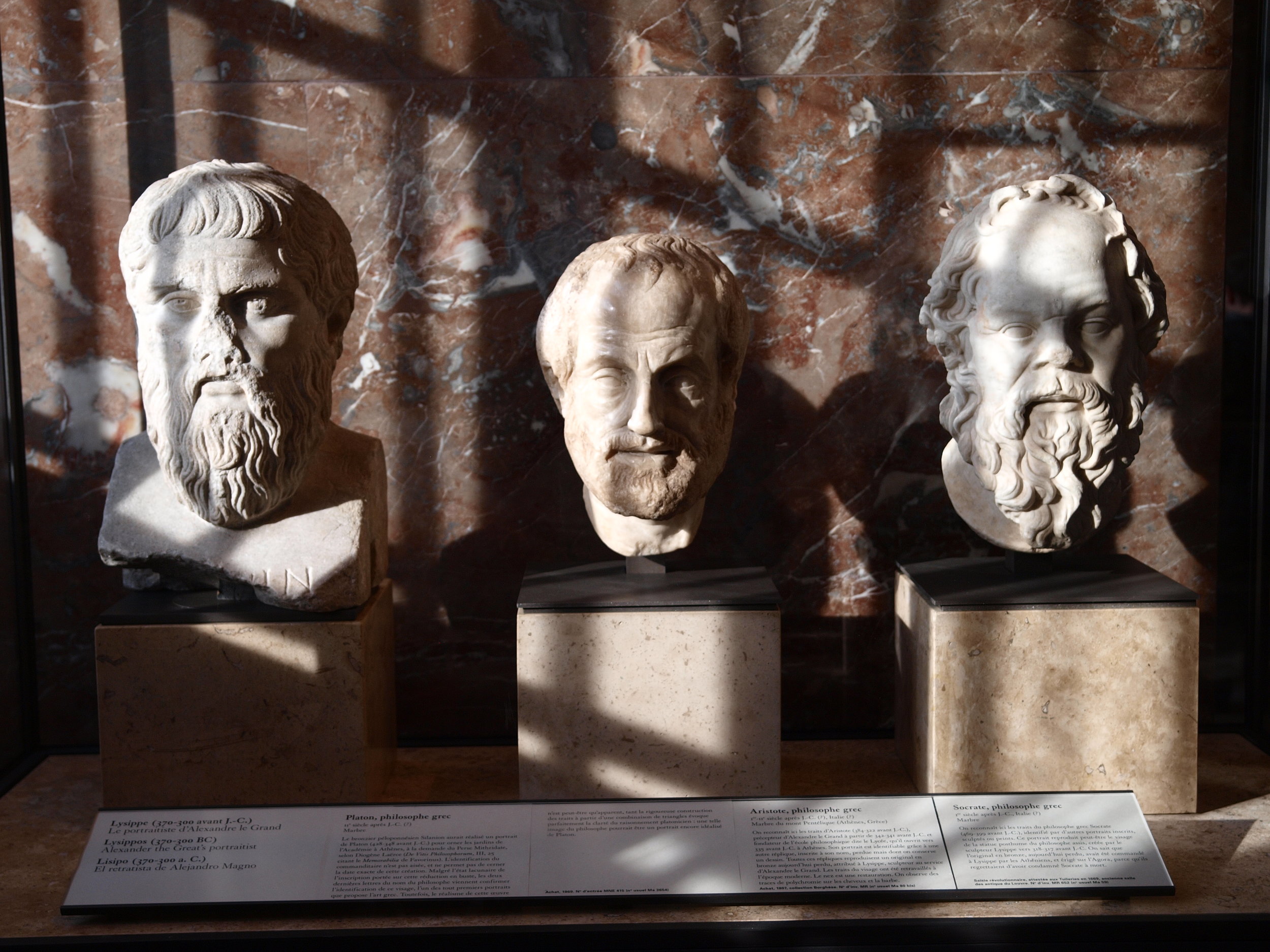Police Oversight
Photo credit: Geralt | CC0.
Introduction
Democratic governance of the police is a challenge in the U.S. because of the historical independence of police departments as organizations, from slave patrols to frontier paramilitaries to labor busting forces to assimilation method of non-WASP European ethnic groups.
Messages and Essays on Police Oversight and Accountability
Sangwon Yang and Mako Nagasawa, The Illusion of Meritocracy in Policing, Part 1
The Anastasis Center blog, Dec 3, 2018. A 10 minute blog. This post explores incidents of police abusing power or covering up criminal acts.
Sangwon Yang and Mako Nagasawa, The Illusion of Meritocracy in Policing, Part 2
The Anastasis Center blog, Jan 7, 2019. A 10 minute blog. This post explores how the “War on Drugs” contributed to the racially biased mass incarceration problem.
Sangwon Yang and Mako Nagasawa, The Illusion of Meritocracy in Policing, Part 3
The Anastasis Center blog, Jan 22, 2019. A 10 minute blog. This post explores the violent crime rate from the 1950’s - 1990’s, how the black community was unfairly perceived and scapegoated, and why restorative justice could have led to different public and community outcomes.
Resources on Citizen Oversight of Police
Defund the Police? An Abolition Curriculum (Mennonite USA) this is an excellent, 9 week curriculum for use by churches, small groups, etc.
WNYC, Disciplinary Records (WNYC Radio) state-by-state information on what police records are publicly available
Campaign Zero (website) data-driven solutions to police accountability and reform
Mapping Police Violence (website)
Police Use of Force Project (website) focuses on protocols about how police use force
Police Union Contract Project (website) examines how contracts with police unions can sometimes block accountability
Wikipedia, Boston Police Department (Wikipedia article) Commissioner is a civilian, appointed by the Mayor
John L. Dilulio Jr., My Black Crime Problem, and Ours. City Journal, Spr 1996. minimizes the structural issues; an example of a conservative perspective
Joel Miller, Civilian Oversight of Policing: Lessons from the Literature. Vera Institute of Justice, May 5, 2002. Helpful international comparisons
Gary L. Wright and Fred Clasen-Kelly, CMPD Panel Rules Against Citizens - Every Time. Charlotte Observer, Feb 16, 2013.
John L. Hudgins, Require College Degrees for Police. Baltimore Sun, Sep 30, 2014. although prohibitive costs of college would also be a problem that needs to be resolved
Fred Clasen-Kelly, Stiff Sanctions Rare for CMPD Police Officers After Shootings. Charlotte Observer, Jul 17, 2015.
Matt Sedensky and Nomaan Merchant, Hundreds of Cops Kicked Off Force For Committing Sex Crimes. Huffington Post, Nov 1, 2015.
Whitney Benns and Blake Strode, Debtors' Prison in 21st-Century America. The Atlantic, Feb 23, 2016. “For failing to pay parking tickets, court fees, and other petty municipal citations, black residents of Greater St. Louis are ending up behind bars.” This is why police stop black people more often than white people at traffic stops, and why more violent encounters result. Cited by Amber Ruffin, Why Using Police as Debt Collectors Leads to the Killing of Black People. The Amber Ruffin Show, Apr 16, 2021. a 7 minute video. See also Matthew Menendez, Lauren-Brooke Eisen, Noah Atchinson, Michael Crowley, The Steep Costs of Criminal Justice Fees and Fines. Brennan Center for Justice, Nov 21, 2019. “Court fees and fines unjustly burden people with debt just as they are re-entering society. They are also ineffective at raising revenue.”
Keon Gilbert and Rashawn Ray, Why Police Kill Black Males with Impunity: Applying Public Health Critical Race Praxis (PHCRP) to Address the Determinants of Policing Behaviors and “Justifiable” Homicides in the USA. Journal of Urban Health, Apr 2016.
David Debolt, Oakland: Residents Offer Support for Independent Police Commission. San Jose Mercury News, Jul 19, 2016.
John Oliver, Police Accountability. Last Week Tonight, Oct 2, 2016.
Sarah DeGue, Katherine A. Fowler, and Cynthia Calkins, Deaths Due to Use of Lethal Force by Law Enforcement: Findings From the National Violent Death Reporting System, 17 U.S. States, 2009–2012. American Journal of Preventative Medicine, Nov 2016.
Gene Demby, Does Having More Black Officers Reduce Police Violence? NPR, Feb 4, 2017.
Sarah Holder, What Happened to Crime in Camden? City Lab, Jan 10, 2018. about the disbanding and rebuilding of the police department towards community policing, and how the crime rate fell dramatically within a few years. See Mike Maciag, Why Camden, N.J., the Murder Capital of the Country, Disbanded Its Police Force. Governing, Jun 2014.
Alex S. Vitale, The End of Policing. Verso | Amazon page, Aug 2018. “The problem is the dramatic and unprecedented expansion and intensity of policing in the last forty years, a fundamental shift in the role of police in society.”
Charles D. Hayes, Blue Bias: An Ex-Cop Turned Philosopher Examines the Learning and Resolve Necessary to End Hidden Prejudice in Policing. Autodidactic | Amazon page, Feb 2020. A former Dallas police officer with decades of experience examines how systemic racism works, how human bodies work, etc.
Erik Ortiz and Donna Mendell, Minneapolis Police Officer at Center of George Floyd's Death Had History of Complaints. NBC News, May 27, 2020.
Jamiles Lartey and Simone Weichselbaum, Before George Floyd’s Death, Minneapolis Police Failed to Adopt Reforms, Remove Bad Officers. The Marshall Project, May 28, 2020.
Jim Bovard, Cops Kill Because We Gave Them The Legal Framework To Do It. The American Conservative, May 30, 2020. argues that police qualified immunity is to blame
PBS Frontline, Policing the Police. PBS Frontline, May 30, 2020. “"Policing the Police" offers an up-close look at police reform efforts in Newark, NJ, after the force was found to have engaged in a pattern or practice of unconstitutional stops, searches and arrests of black residents. With gripping, on-the-ground access, this 2016 film examines the difficulties of fixing a broken relationship between the police and the community.”
R.T. Rybak, I Was the Mayor of Minneapolis and I Know Our Cops Have a Problem. Politico, Jun 2, 2020. “Racism permeated the culture of the department. But there are ways to change that culture that other cities can copy.”
Dan Frosch and Ben Chapman, Black Officers Say Discrimination Abounds, Complicating Reform Efforts. Wall Street Journal, Jun 16, 2020.
Lilah Burke, Mathematicians Urge Ending Work With Police. Inside Higher Ed, Jun 24, 2020. intriguing look at the use of mathematical modeling to predict crime, and debating that it too easily predicts policing, not crime per se
Evan Allen, Matt Rocheleau, and Andrew Ryan, Within the Boston Police Department, Complaints Against Officers Are Rarely Confirmed or Result in Punishment. Boston Globe, Jul 18, 2020.
Ava J. Abramovitz and Catherine Milton, Measurement Matters: The Key to Police Reform. Lawfare, Aug 25, 2020.
Staff, Wisconsin Representatives Call for Investigation Into If Kenosha Police Assisted in Acts of Terrorism. Milwaukee Independent, Aug 27, 2020.
David Dailey, Wisconsin’s Governor Called a Special Session on Police Reform. Republicans Stopped It After 30 Seconds. Rolling Stone, Sep 1, 2020. “It’s the latest case of malfeasance from lawmakers who’ve rigged the system to make themselves immune from the will of the voters.”
Alec MacGillis, What Can Mayors Do When the Police Stop Doing Their Jobs? ProPublica, Sep 3, 2020. “In cities across the country, leaders face a phenomenon encountered in Baltimore and Chicago: officers slowing their work in the wake of high-profile episodes of police violence. Reporter Alec MacGillis asks: Will the result be different this time?”
Cheryl Corley, Police Settlements: How The Cost Of Misconduct Impacts Cities And Taxpayers. NPR, Sep 19, 2020.
Billy Binion, Justin Amash Introduces Bill To End Civil Asset Forfeiture Nationwide. Reason, Dec 17, 2020. “The practice is plainly unconstitutional.”
Natasha Decker, After Punching A Trump Protestor In Self Defense, Black Woman Loses Job. Madame Noire, Jan 11, 2021. even though video footage show, and witnesses say, that Therese Duke reached for her face first. Even Helena Duke, her daughter, believes her mother was guilty of provoking the incident. See Jesse O’Neill, Teen Shames Brainwashed Mom Who Got Punched in the Face at Riot. New York Post, Jan 8, 2021.
Elisa Takahama and Lewis Kamb, Seattle Police Officers Who Were in DC During Riot at US Capitol Placed on Administrative Leave. The Seattle Times, Jan 8, 2021.
Barbara Campbell, Capitol Police Officers Suspended For Actions During Rioters' Attack On Capitol. NPR, Jan 11, 2021.
Jonathan Ben Menachem, The Cops at the Capitol. The Appeal, Jan 13, 2021. “Law enforcement officers from around the country attended and supported last week’s rally in support of President Trump that sparked a riot.” See also Kimberly Kindy, Kim Bellware, and Mark Berman, Off-Duty Police Were Part of the Capitol Mob. Now Police Are Turning in Their Own.. Washington Post, Jan 16, 2021.
Ari Melber, The Link From MAGA Riot To White Supremacy In U.S. Policing. The Beat With Ari Melber | MSNBC, Feb 18, 2021.
Galen Druke and Laura Bronner, Police Misconduct Trials Are Rare. Instead, Cities Pay Millions To Settle Misconduct Claims. FiveThirtyEight, Mar 31, 2021. the data is not good enough to draw firm conclusions over the period 2010 - 2019, but “America’s cities have spent on police misconduct settlements — in the range of $3 billion over the last decade.”
Amy Goodman, Medical Examiner Accused of Covering Up Police Killing in Maryland Becomes Witness for Derek Chauvin. Democracy Now!, Apr 16, 2021. a 15 minute video highlighting the troubling conduct of medical examiner Dr. David Fowler, who helped exonerate police misconduct; shows a challenge with holding police accountable
Taiyler Simone Mitchell, Gov. Gavin Newsom Signs Bill Into Law Allowing for Sweeping Law Enforcement Reform in California. Business Insider, Sep 30, 2021. “The law adjusts qualified immunity — the defense that protects state and local government officials, including law enforcement, from individual liability unless there is a clear violation of constitutional rights — for law enforcement. It will set up a process by which law enforcement officers charged with wrongdoing — including sexual assault, excessive use of force, and perjury — are stripped of their badges. Newsom also signed Assembly Bill 89, raising the legal age for police officers from 18-years-old to 21-years-old. The bill, which failed in the California legislature last year, reemerged as a result of the George Floyd protests. California was one of only four states — Hawaii, New Jersey, and Rhode Island are the others — without a decertification process for police officers which meant officers that engage in misconduct could still get jobs in different departments.”
Audit the Audit, Good Cop Gets Bad Cop Fired and Arrested. Audit the Audit, Oct 21, 2021. Cites laws and court decisions about police limitations, and shows the importance of body cameras and police leadership
Radley Balko, The Ugly Origins of Qualified Immunity. Washington Post, Oct 26, 2021. “To fully grasp the court’s abdication of its responsibility here, it’s helpful to delve into the history of qualified immunity. Qualified immunity isn’t in the Constitution. It isn’t in the U.S. Code. It is judge-made law. It is judicial activism, by any definition of the term… the case in which the Supreme Court created qualified immunity — Pierson v. Ray — is inseparable from the court’s now universally-recognized failing in Plessy. That case began in the summer of 1961 when a group of Episcopal priests decided to participate in the Freedom Rides, the bus tours that took Black and White activists across the South to fight forced segregation. While in Mississippi, the priests split into smaller groups and planned separate routes to maximize their impact. Waiting on a bus just outside of Jackson, Miss., 15 of the priests, three of whom were Black, entered a segregated cafe. Two police officers ordered them to leave. When they refused, the officers arrested them under a vague Mississippi law permitting police to arrest any group of people who threatens a “breach of the peace.” The clergymen were convicted and sentenced to four months in jail. On appeal, their arrests were deemed illegal and their convictions were overturned. They subsequently sued under Section 1983… In 1967, the Supreme Court upheld the Fifth Circuit’s decision, ruling 8 to 1 in favor of the police officers.”
Trevor Noah, The Police Quota System - If You Don’t Know, Now You Know. The Daily Show, Oct 27, 2021. compiles examples of quotas everywhere: parking, speeding, etc. and how cities depend on these revenues
Editorial Board, Train the Police to Keep the Peace, Not Turn a Profit. New York Times, Nov 20, 2021. “Some police departments across the country have embraced the corrupting and unjust practice of raising revenue for their municipalities by pushing officers to write as many traffic tickets as possible. Policing for profit encourages unfair enforcement of the law. It also increases the likelihood that motorists stopped for infractions largely unrelated to public safety will be killed or injured during encounters with officers who are trained to view traffic stops as moments of mortal peril.”
Amber Ruffin, Copaganda: How Fictional TV Police Make Real Cops More Dangerous. The Amber Ruffin Show, Dec 10, 2021. highlights how media portrayals of police started with Dragnet, which the LAPD required influence over, to hide their racially discriminatory practices. Media also suggests that crime is rising constantly, that policing is one of America’s most dangerous jobs, and that black people are criminal.
Tony Messenger, Profit and Punishment: How America Criminalizes the Poor in the Name of Justice. St. Martin’s Press | Amazon book, Dec 2021. “As a columnist for the St. Louis Post-Dispatch, Tony Messenger has spent years in county and municipal courthouses documenting how poor Americans are convicted of minor crimes and then saddled with exorbitant fines and fees. If they are unable to pay, they are often sent to prison, where they are then charged a pay-to-stay bill, in a cycle that soon creates a mountain of debt that can take years to pay off. These insidious penalties are used to raise money for broken local and state budgets, often overseen by for-profit companies, and it is one of the central issues of the criminal justice reform movement.” See interview with Ryan Grim, Kim Iversen, Robby Soave, Author: The Criminal Justice System Cruelly Punishes America's Most Vulnerable Simply For Being Poor. Rising | The Hill, Dec 23, 2021.
Alec Karakatsanis, How the Media Enables Violent Bureaucracy. Alec’s Copaganda Newsletter, Jan 27, 2023. “One of the core truths about the punishment bureaucracy is that police, prosecutors, prisons, probation, parole, courts, and the constellation of multi-billion dollar industries that evolve in symbiosis with them use their own violence, waste, and ineffectiveness to justify getting more resources in an endless cycle of “reform.” Each failure becomes a reason to spend more trying the same things harder. This cycle is not accidental. Luminaries from Michel Foucault to David Graeber to my one-eyed cat housemate have pointed out the connection between perpetual growth of bureaucracy and narratives around “reform.””
Harry Bruinius, Can Police Police Their Own? NYPD As a Case Study. Christian Science Monitor, Mar 2, 2023. Conclusion: “It’s not a problem with ‘a few bad apples’; it’s a systematic lack of transparency and accountability.”
Stephen G. Adubato, In Newark, a Progressivism That Works. Compact, May 10, 2024. “One noteworthy exception to all of this was Newark, NJ. The city’s left-wing mayor, Ras Baraka, made headlines at the height of the George Floyd protests when he dismissed defunding the police as a “bourgeois-liberal” idea.”
Christian Restorative Justice and Criminal Justice: Topics:
This section on Criminal Justice highlights the biblical, church historical, and practical importance of Christian restorative justice. We examine Restorative Justice in its Christian and secular forms, as well as efforts to apply Classroom Restorative Justice to address the school-to-prison pipeline. We also maintain awareness of Human Trafficking and Drug Policy because of the moral and political importance of these policies. Crime Stats highlights the facts and political uses of statistics. Police Oversight tracks proposed and implemented forms of public governance over the police. Policing lists resources on the police abuse of the public trust. Prosecutors lists resources on the role of prosecutors in the legal system and the discretion they have. Sentencing and Prisons highlight moral problems with jury selection, sentencing disparities, prison conditions, conduct in the correctional systems, and the political placement and funding of prisons to benefit mostly white districts. Reintegration examines the moral imperative of assisting returning citizens.
Related pages include: Racism and Criminal Justice for how racism has impacted criminal justice historically in the U.S.; Race and Slavery for an examination of the Trans-Atlantic Slave Trade; Sex Industry for attempts at legalizing aspects of the sex trade.






